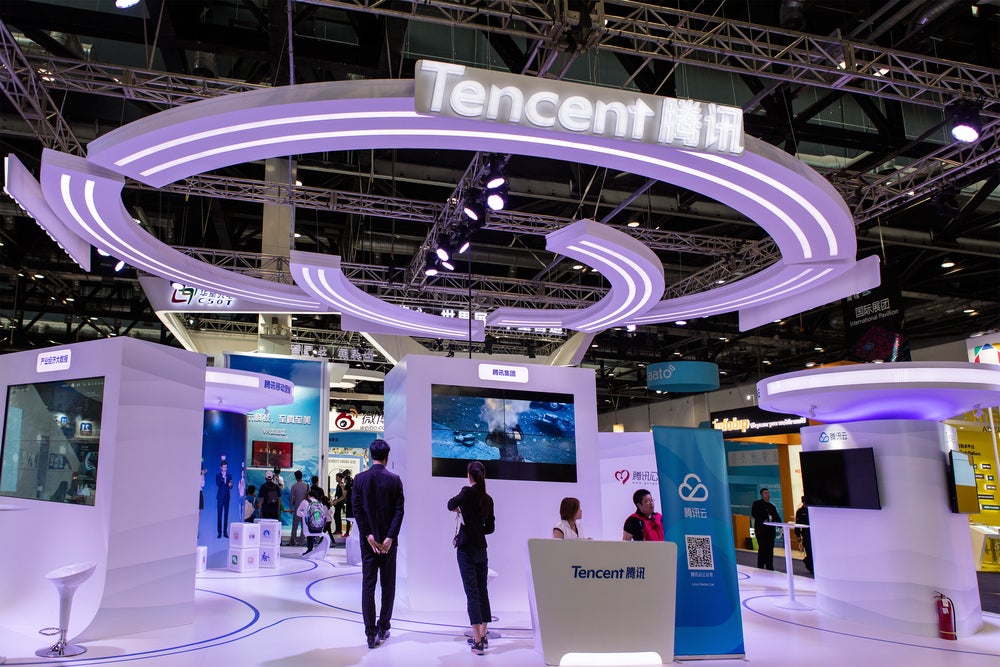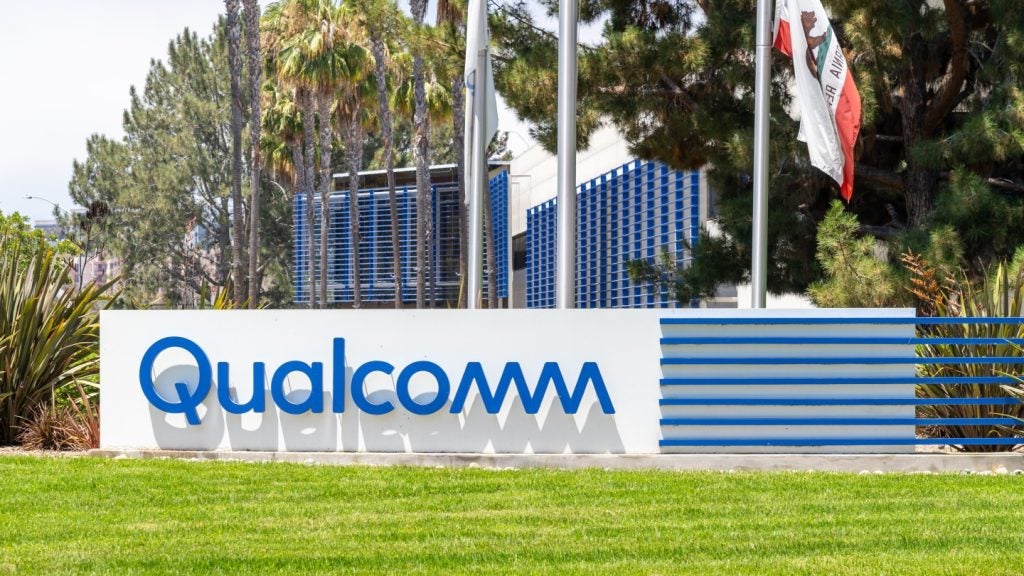
Tencent, the world’s biggest gaming enterprise, has joined the legion of tech companies speaking out about plans to develop the metaverse. The Company’s CEO, Pony Ma, said that it had ample technological resources to build a digital world. The announcement was made alongside Tencent’s quarterly results, which show the company’s slowest growth rate in two years.
During an earnings call on Wednesday, Tencent’s President, Marin Lau, said that the Chinese government will most likely support the development of the metaverse in China as long as it complies with domestic regulations. He said that although China may have different metaverse-related laws compared to other countries, it is not fundamentally averse to its development.
During the same event, Ma assured that “the company has abundant technology and capabilities to explore and develop the metaverse.”
The two executives said that there were multiple pathways through which Tencent could reach the metaverse, citing its dominant position in gaming and social networking. “Tencent has accumulated a lot of experience in gaming and social networking. In terms of technology, we have servers and artificial intelligence that can serve a large number of simultaneous online users,” Lau said during the call.
Until recently, Tencent has shied away from elaborating on its plans to enter the metaverse. Instead, it has opted to promote its own version of the “all-real internet” and “hyper digital reality”.
Chinese regulators have also been wary of the concept of the metaverse as its control over the internet and gaming industry remains a top priority. Lau acknowledged on Wednesday that the metaverse was “very exciting, but a little bit vague”.
The metaverse announcement coincides with Tencent’s third-quarter results, which show the internet giant’s slowest revenue growth in two years. It reported a mere 3% increase in profits in the July-September quarter, indicating that Beijing’s crackdown on the industry is taking its toll.
According to the results released on Wednesday, the Hong Kong-listed company posted revenues of 142.37bn yuan (USD$22.27bn), which was 13.5% more than the same period last year. This, however, still fell short of the 145.4bn estimated in a Bloomberg poll. The growth was also lower than the 25% and 20% rates posted in quarters one and two, respectively.
The company’s gaming industry took a particularly strong hit following China’s wide-scale squeeze on the sector. Tencent’s revenue for gaming grew just 5% from a year before to 33.6bn yuan (US$5.25bn).
Recently, Chinese regulators restricted gaming time for young people under 18 to one hour a day between 8 pm and 9 pm on Fridays, Saturdays, Sundays and public holidays only. State media has also come out and called gaming “spiritual opium” for children.
“We have seen more regulatory development over the last few months, and we also believe that stricter regulation is a new normal for the entire industry, and that’s not just for China, but also globally,” Lau said on Wednesday.
“For Tencent [the metaverse] is a way to divert attention from the prospect of the regulators coming down on its fintech business,” says Michael Orme, GlobalData analyst and China specialist.
“I think any Chinese metaverse would be different from what Zuckerberg has in mind. It’ll be yet another psychological population control mechanism for Beijing and ultimate source of personal and corporate data,” he added.
It is still too soon to say how Chinese regulators will react to the development of the metaverse. However, given its ambitions to curb the power of big tech companies, it can be expected that the likes of Tencent won’t have free rein in this sector either.
“Beijing is intent on ensuring that the internet giants aren’t Redwoods taking all the nourishment away from saplings – that is, that they don’t use their power to hobble startups but rather invest in them, help them, and don’t then exercise their platform power to abuse them,” says Orme.
GlobalData’s social media research describes the metaverse as a “virtual world where users share experiences and interact in real-time within simulated scenarios”.
It had been gaining interest and traction over the past year, but the latest increase in interest comes after Facebook recently decided to change its name to Meta, doubling down on its ambitions to become a leading company in building a new virtual world.
Since then, a myriad of companies have spoken out about their ambitions to build the metaverse, including Microsoft, Nvidia, Roblox, Epic Games and Disney.
Tencent currently ranks number one on GlobalData’s thematic scorecard for gaming. It did remarkably well in all themes deemed most important to the industry, apart from regulation, which remains its Achilles heel.







